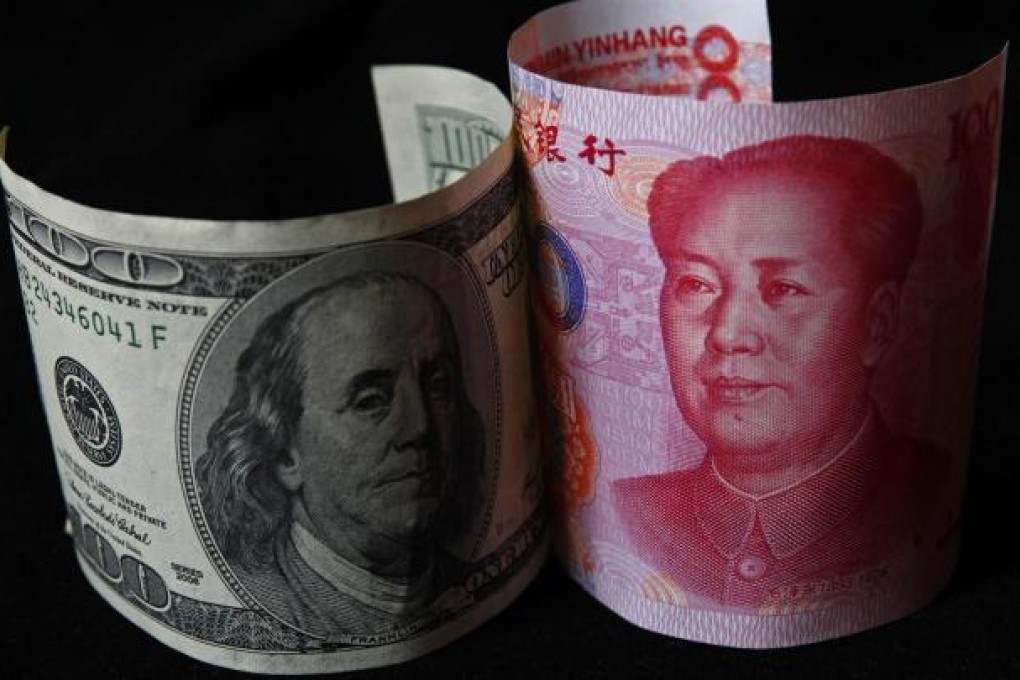Yuan hailed as the world reserve currency
Some serious supporters say the yuan's day as a challenge to the greenback has come. But it depends on Beijing accepting the downsides

Its supporters excitedly describe it as rise of the "redback" - red for communist China as opposed to the greenback of the US. Now two distinguished academics have joined a chorus of bankers anxious to share in the lucrative business opportunities they see in the internationalisation of the yuan to challenge the US dollar as the global currency of choice.

Not so fast: is the government in Beijing OK with this? Official approval is necessary in the progress towards greater international use of the currency.
It is easy to understand the pressures for China's currency to become an international reserve currency. The system of international reserve currencies is clearly battered and broken. The paucity of currency choices is sending foreign exchange markets into a complicated variant of the pass-the-parcel game where no one likes to hold on to what they have got, and with good reason. The US dollar scores by force of habit and convenience, but who wants the currency of a country on the edge of a fiscal and debt cliff?
Apart from the dollar there is the euro, whose union is on the brink of disintegration; the British pound, another country in a mess; the Japanese yen, whose rise to a safe-haven role is wrecking the already wretched economy, plus "other currencies".
The US dollar accounts for more than US$3 trillion of global reserve assets, followed by the euro, with about US$1.2 trillion, and the yen and pound with a few hundred billion equivalent dollars each. The fact that these figures are expressed in terms of US dollars, shows the dominance of the currency, which accounts for about 60 per cent of allocated global exchange reserves.